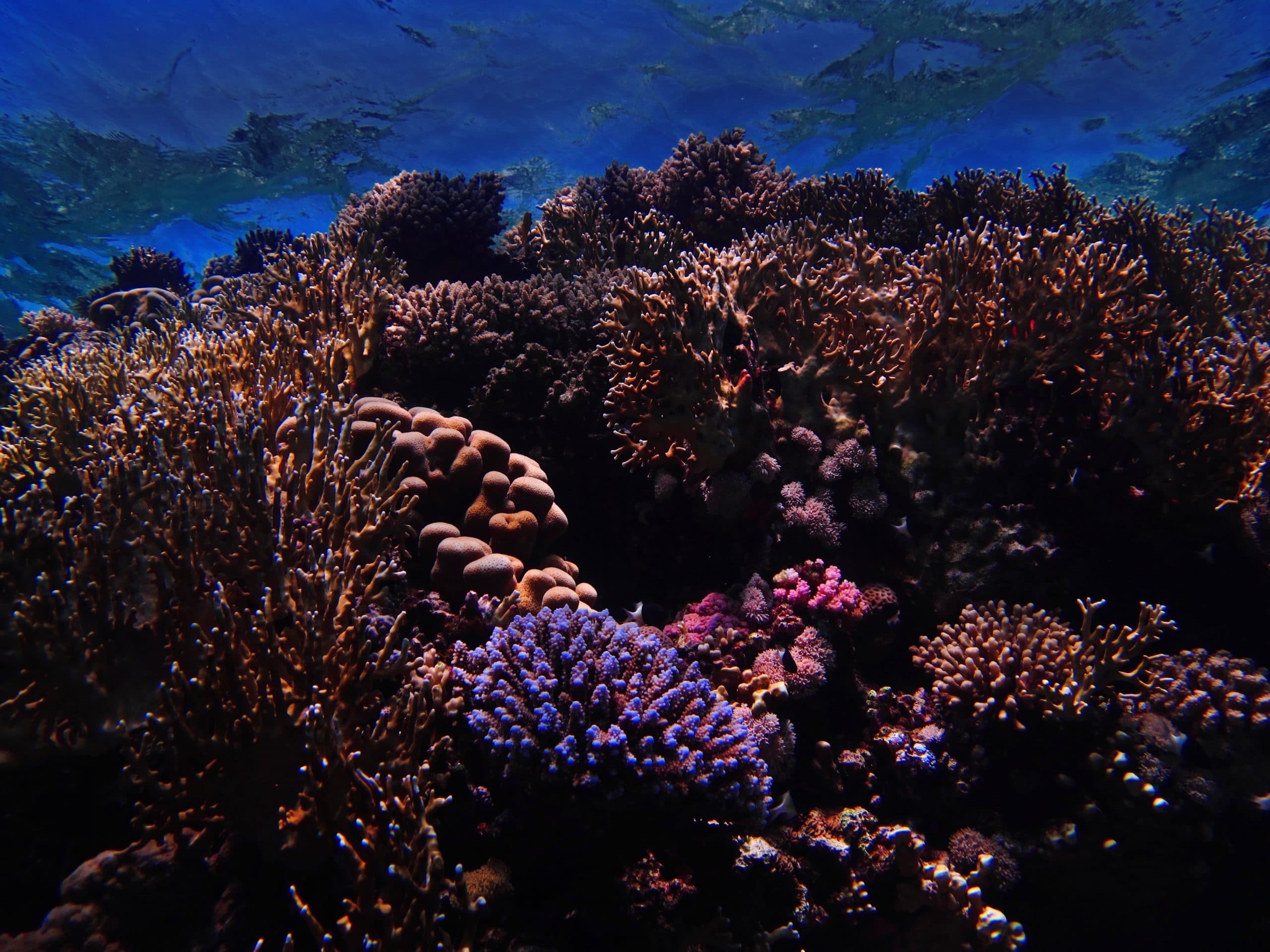Experts around the world are debating how we should tackle climate change, and agreements are being made or broken to that end. One interesting article published on Physics.org speaks to the value of looking to one of the most diverse, adaptive environments in the world: our coral reefs. Yet, in a twist of fate, the environments most effected by global warming may also provide the key to solving the issue.
In the article, “Great Barrier Reef Hiding Priceless Tech Treasures” by the University of Queensland, authors talk through the value that is yet untapped in our global coral reefs. In fact, Professor Bernard Degnan from UQ’s Centre for Marine Science is quoted as saying that common Great Barrier Reef creatures have evolved remarkable features that are now the basis of scientific breakthroughs in renewable energies, next-gen materials, and other fields.
“The reef should be recognised as a place of infinite value–not simply in terms of habitat, or its commercial value to fishing and tourism–but for its potential role in inspiring tech breakthroughs to address global challenges… It is home to many examples of adaptive ingenuity that are underpinning exciting projects and ideas around the world… Thousands of reef species have developed innovative solutions to live in a harsh and competitive marine environment, and we should be inspired by them to address global problems like climate change.”
The article notes that global research has found that sea sponges, snails, or squirts have evolved amazing abilities:
“For instance, sea sponges are capable of making glass of a purity unmatched by even the best fibre optic glass humans can produce–and it’s done without chemicals, heat or energy–just with seawater. Sponges filter litres of seawater to high purity each day and, in concert with the microbes that live inside them, produce complex chemicals of high value.”
It is incredible to think of the vast unknown possibilities presented by the global reef system. I find in reading this article that the sage words of H.P. Lovecraft are appropriate:
“From even the greatest of horrors, irony is seldom absent.”
Further reading:
“How does climate change affect coral reefs?” (NOAA)
“Coral reefs and climate change” (IUCN)
“Can Corals Adapt to Climate Change?” (UCDavis)
Reality Changing Observations:
1. What do you think about global warming’s affect on coral reefs?
2. What else could we be doing to help preserve the coral reefs?
3. What can you do to help drive this type of technological advancement?





